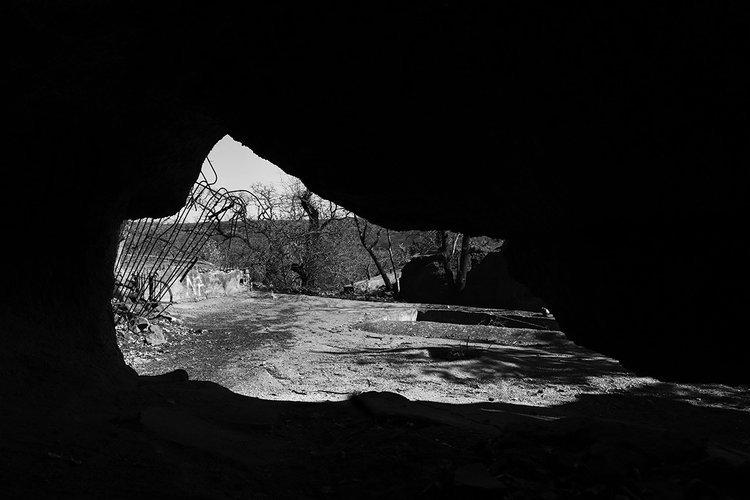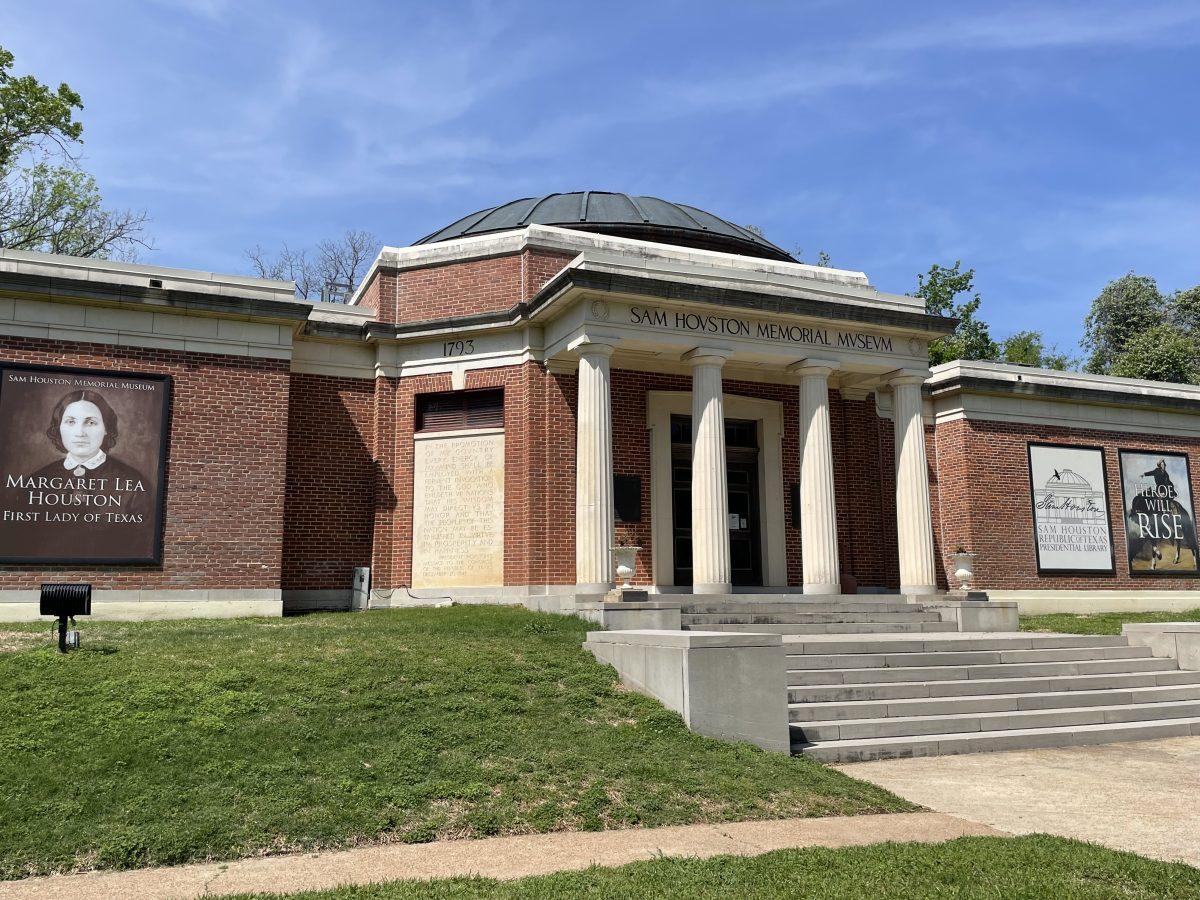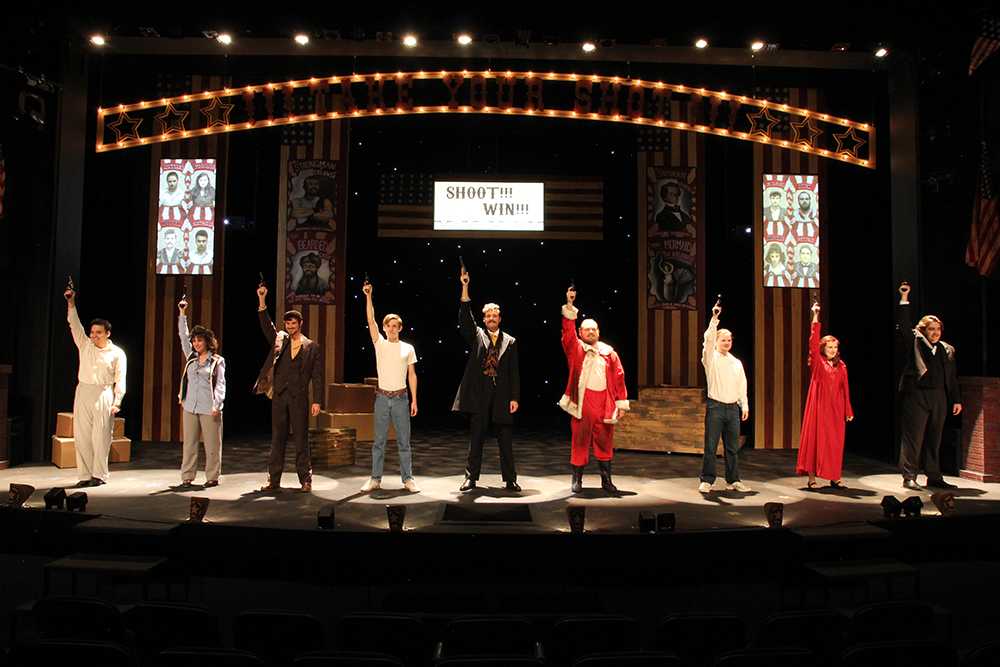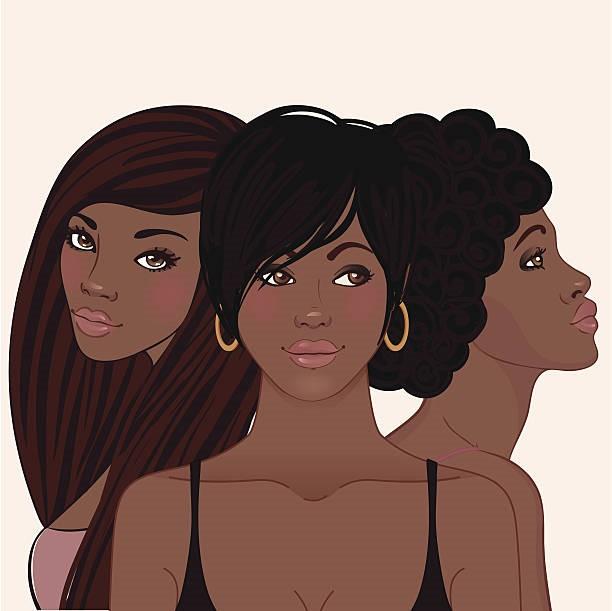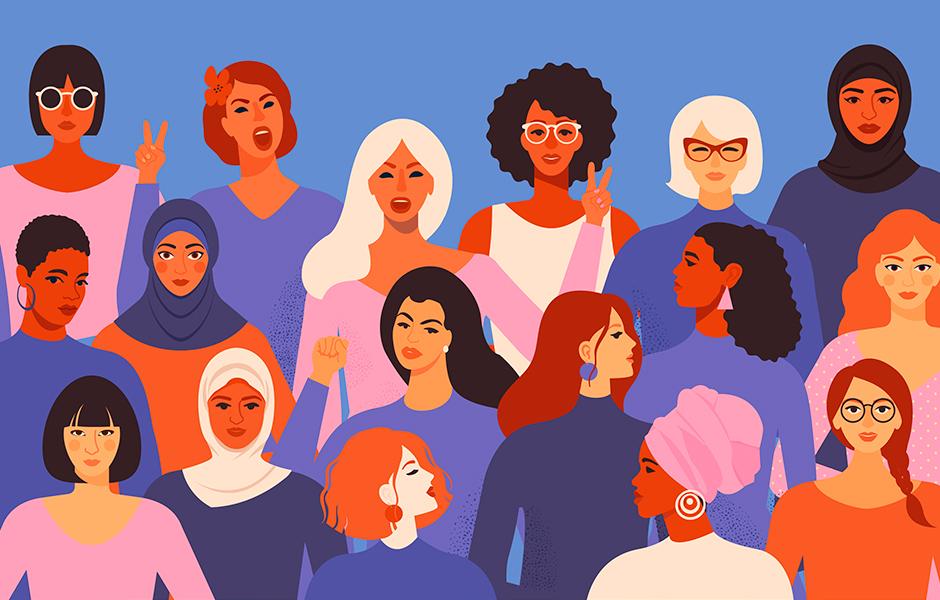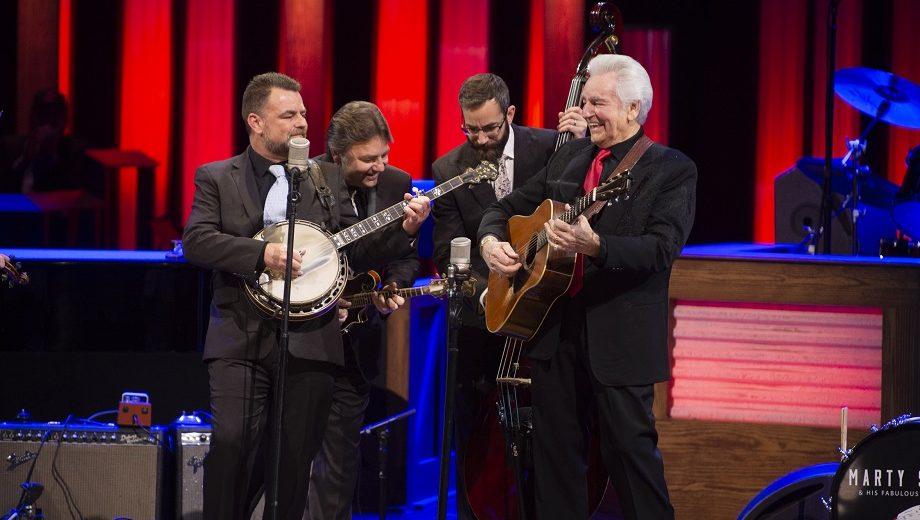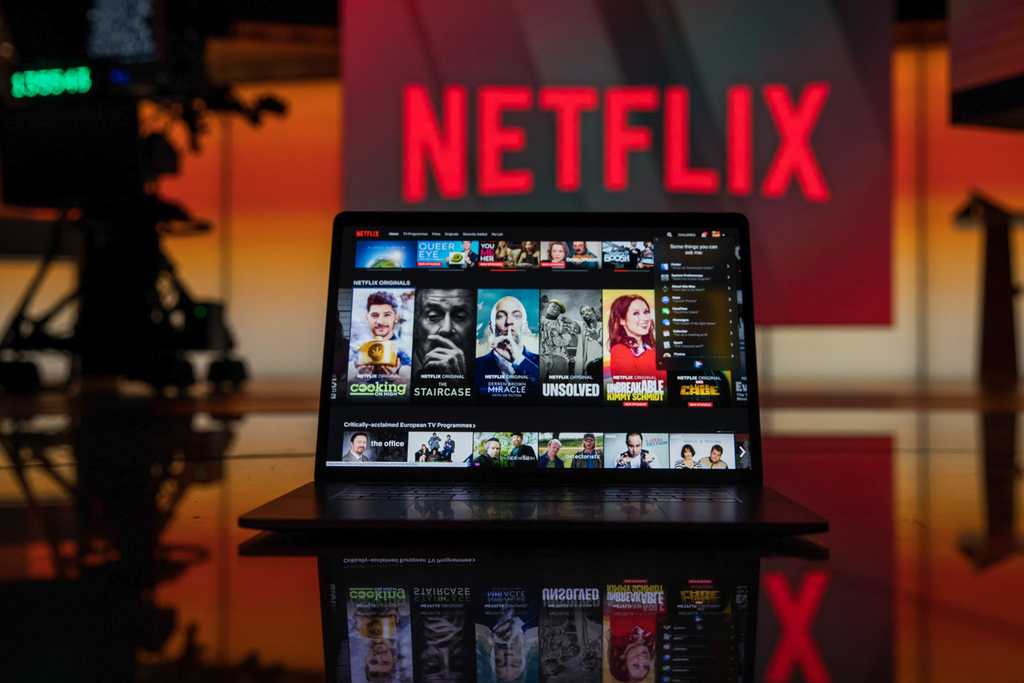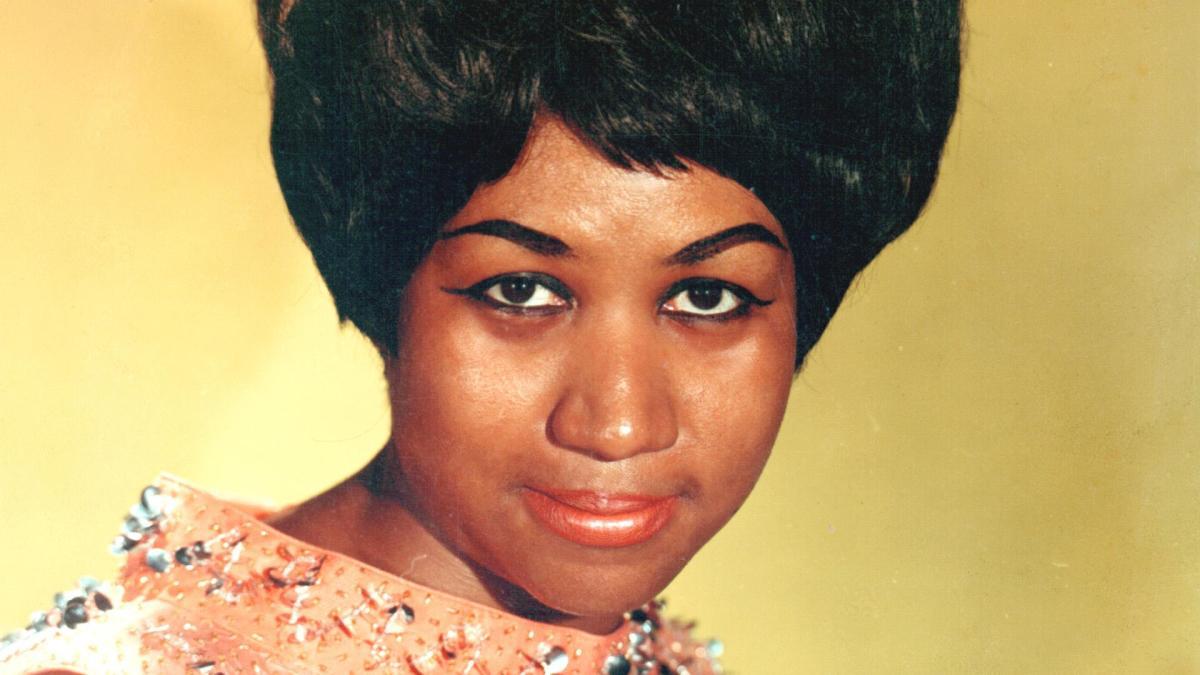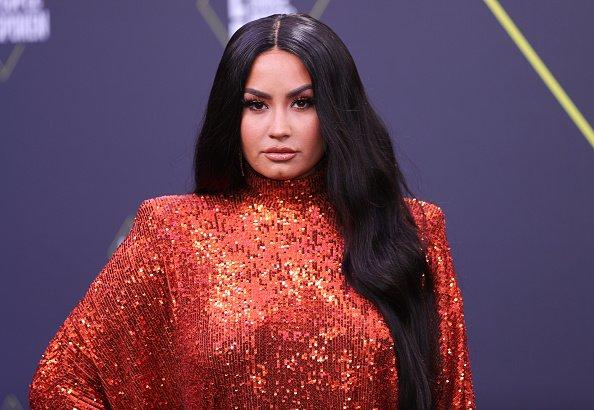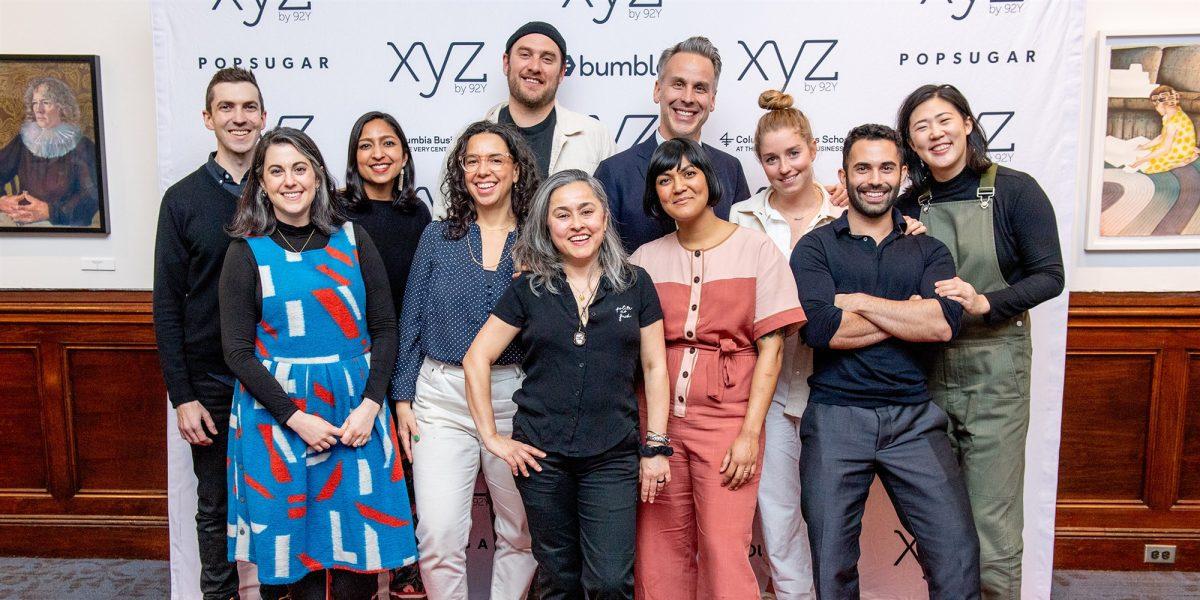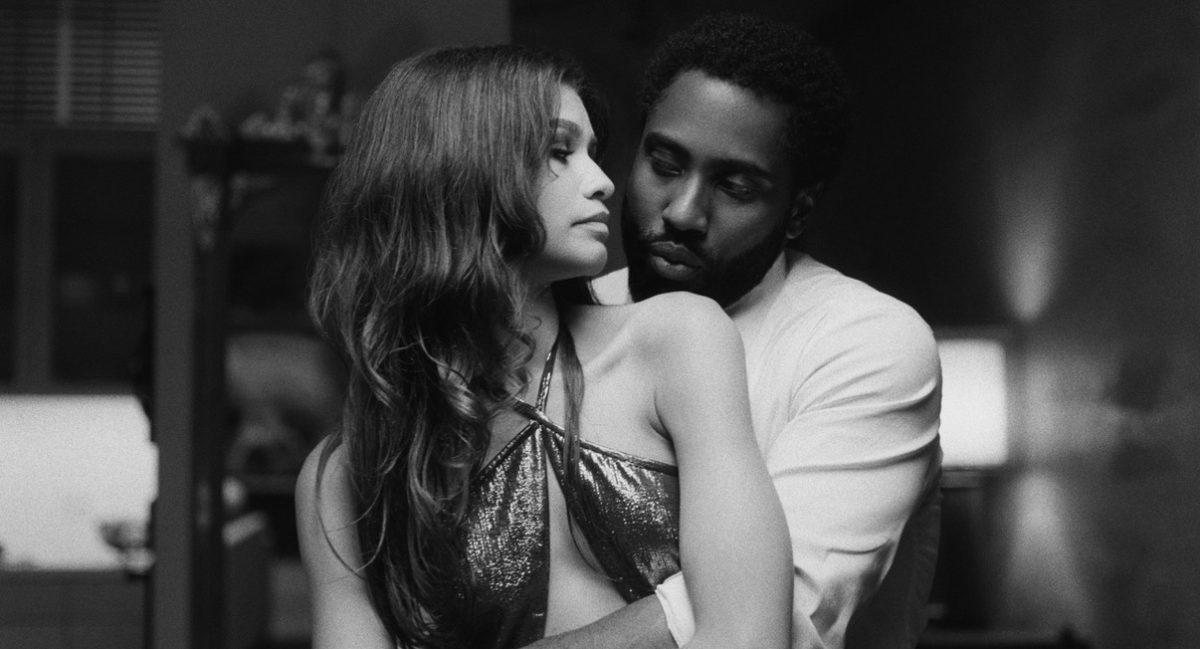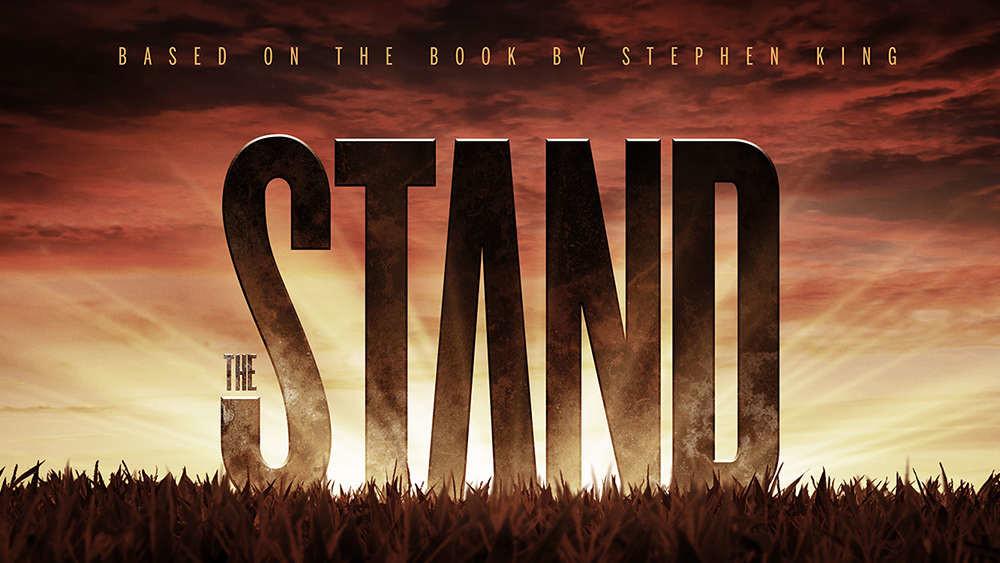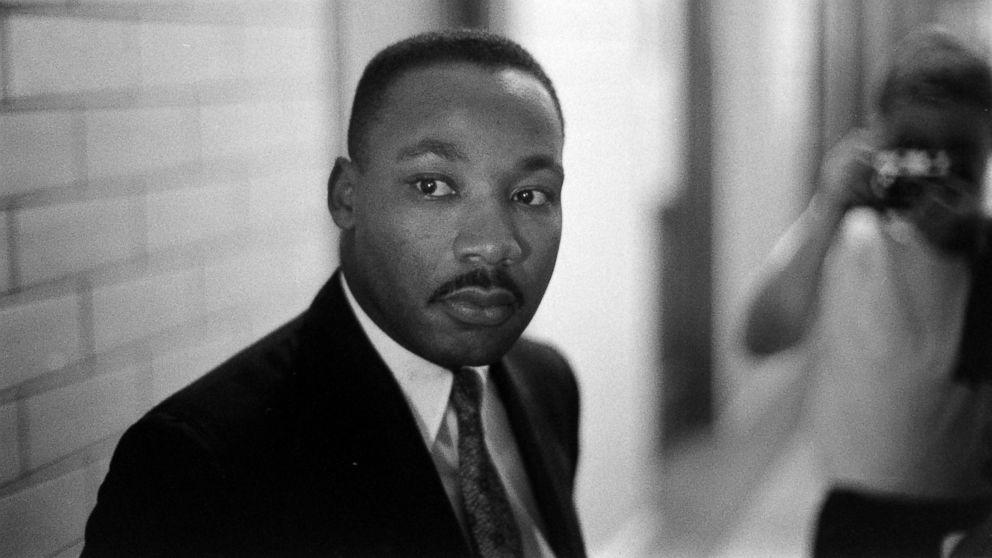
Martin Luther King Jr. Day is when we remember the accomplishments King did for the United States of America.
But here’s something that’s not really talked about: the role of the media in King’s movement. At the time, it was relatively simple to read and write about injustices in the south, but hard for people to actually believe it or visualize it for the cruelty it actually was. Cameras and television came in as an active medium to clear this gray area for those unable to witness it in person.
Today we can see the heroicness of television with the most popular “I Have a Dream…” speech that still resonates with generations long after. When we think of King, we think specifically of this message and his mission to integrate races in the U.S., yet we take technological advances of the time for granted. King made many speeches leading up to his death with a few of them recorded for television and most ironically, by white men.
Laurens Pierce was a cameraman who recorded many important events in history including the Selma civil rights march and the attempted assassination of an Alabama governor. He later went on to be a camera operator for CBS, continuing his work recording history. His camerawork was among the most important of the century.
What we can assume is that although we were aware of abolitionists and white Americans who were on the side of justice, we can see that media played no role but the role of revelation. Simply put: to bring awareness to whatever needed it.
Today, we conveniently have the same medium in our hands with the same power as Pierce and even King. Up to this day, the world has been made aware of occurrences in most every nation by us, the people, recording and posting news ourselves. Without the help of media, the civil rights movement may have been prolonged or forgotten because no one would have known and believed what was going on without seeing it for themselves.
Today, we take the time to remember King and how he shaped the future of our country and how television helped him do so.




